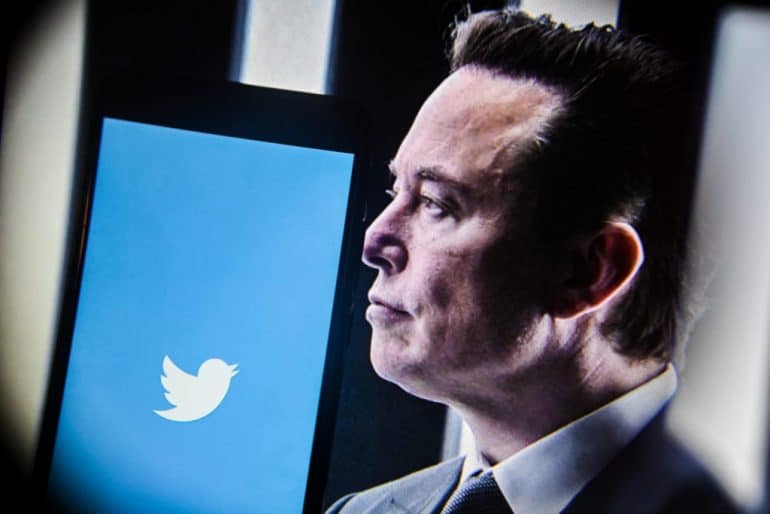The American network Twitter, which is in the process of being acquired by businessman Elon Musk, "should be fully adapted to European rules", whatever the new owner's guidelines regarding freedom of expression, he told AFP European Commissioner for the Internal Market Thierry Breton.
"Whatever the new ownership status, Twitter should be fully adapted to European rules," Breton said, referring to the new Digital Services Act (DSA), which was agreed by MEPs and Member States and will force major platforms to tackle illegal content more effectively.
"Whether it is online harassment, selling counterfeit products, child pornography, incitement to terrorism, Twitter needs to adapt to European regulations that do not exist in the United States," said the commissioner. Competition counterpart Margaret Vesteger initiates new European legislation.
Elon Musk has promised "more freedom" on Twitter, sparking heated debate about the future of the platform, as many worry about setting up a more toxic platform. However, he acknowledged that there were limits to what could be set by law.
The DSA, which will be implemented when its legal process is completed in a few months, updates the e-commerce directive, which was born 20 years ago, when technology giants such as Facebook (Meta) or Amazon were only in the embryonic stage. The aim is to eliminate illegal zones and abuses on the Internet while protecting the rights of users.
The new European regulation imposes the obligation to immediately remove any banned content (in accordance with national and European legislation) as soon as one platform realizes this. It obliges social media to block users who continue to break the law.
Supervision of Brussels
At the heart of the legislation are the new obligations imposed on "very large platforms", which number "more than 45 million active users" in the European Union, including Twitter. These platforms must assess the risks associated with the use of the services themselves and implement the appropriate means to remove problematic content. They should impose enhanced transparency on their data and recommendation algorithms.
They will be inspected once a year, at their own expense, by independent bodies and will be placed under the supervision of the European Commission, which will be able to impose fines of up to 6% of annual sales in case of repeated violations.
"We now have legislation, which is extremely clear. "Platforms will need to adapt to the rules in order to have the right to operate in Europe," said Thierry Breton. "If it were not for the DSA, we could have a Twitter that would do things that would be against the European general interest," he said. But, "it is not going to impose its own regulatory framework in Europe, it should be adapted to ours".
Regarding the possible return of Donald Trump to Twitter, Thierry Breton reminded that the DSA also regulates the exclusion decisions, defining the conditions and the possibilities of appeal. "We will have very clear, very precise, very democratic, very comprehensible rules to decide to exclude a use that may be necessary… For us, the ban will of course be possible and necessary in some cases, but in the context of democratic control" .
Source: RES-EAP
